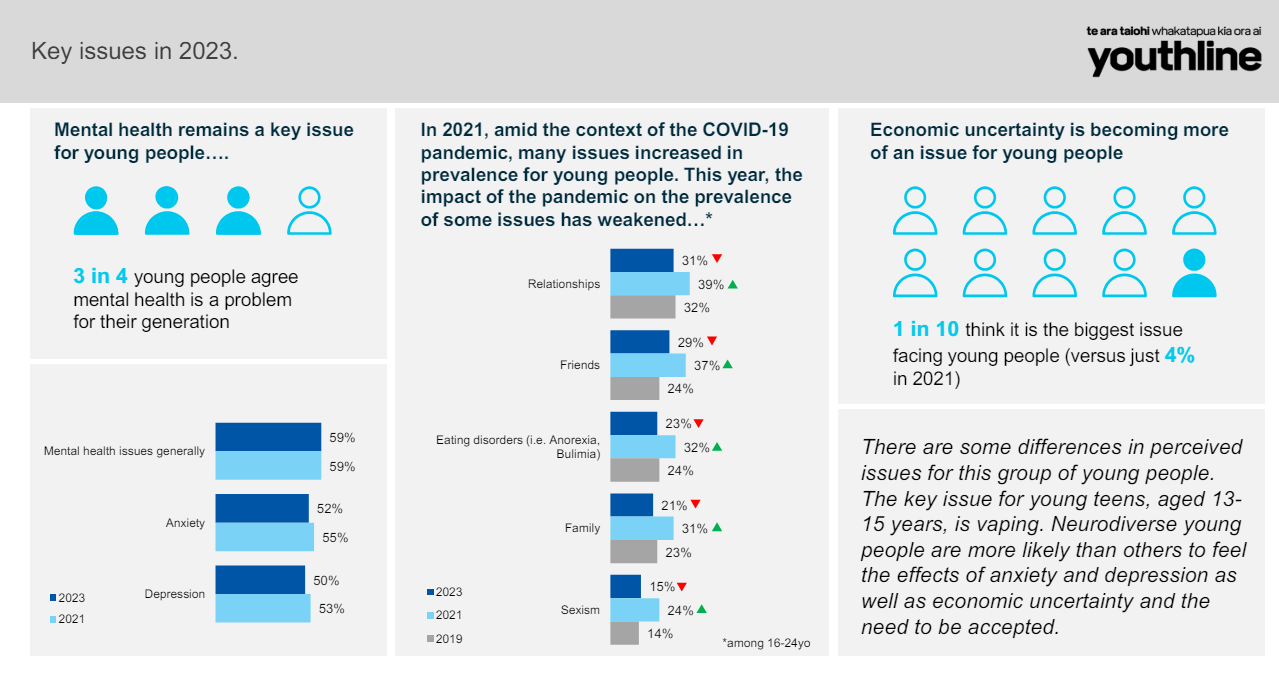The Pandemic’s Impact On Social-Emotional Well-Being In Youth
Mary-Anne Murphy
The impact that the pandemic had on the social-emotional well-being of young people is profound. Many people were isolated for long periods and this meant missing out on vital opportunities to develop social skills, especially in children.
Adults talk about how difficult it was to return to work and social situations and many people battled the reverse shock of lockdown as we navigated our way back to the new normal. The toll it has taken on our youth is significant and far-reaching.
The stress and uncertainty during the pandemic, the increased screen time, changes to routine, exercise, diet, sleep and forced isolation corroded core interpersonal skills and the struggle to pick them up where they left off is real.
Our kids need us in their corner more than ever, so how can we help them?
Growing up in lockdown
“During the pandemic, children had to change the way they learn, play and socialise, all the while living in an environment of widespread uncertainty and anxiety.” Dr Dumuid, UniSA
Children are like trees. When they are seeds they need to be nourished in a warm environment as they find their roots, growing in a small pot. When the tree gets too big for the seed pot, it needs to be moved to a bigger pot, perhaps with a stake to help guide the trunk as it grows tall.
Eventually, it will be planted out into the ground, with strong roots and a long straight trunk, ready to deepen its roots and branch out on its own.
Some children who grew up in lockdown have become seeds in pots that were never planted in the ground.
Their root system is tightly compacted and hasn’t been given the space to develop and grow. The trunk is thin and underdeveloped, and the tree's growth is stunted.
The root system missed a vital growth phase and while it can be planted in the ground, is going to need extra care and guidance to flourish.
Social Emotional Wellbeing in Youth
Even years later, the pandemic continues to impact young people.
“Mental Health (Anxiety, Depression, Stress) remained the main issue New Zealand youth were faced with, Social Media was the second top issue. In-person counselling and phone helplines played a pivotal role in supporting our youth. COVID-19 had a profound effect on how young people felt about themselves and the world around them, and a range of issues rose to the fore. Rainbow youth had a heightened response to the pandemic.” State of the Generation Youthline report, July 2023
Young people who went through the pandemic are still struggling with social anxiety, higher levels of depression and behavioural difficulties. With a global recession following the pandemic and rising costs of living teens and students are starting to have bigger worries about their future.
Help your teens get their social groove back by limiting their screen time with a digital detox.
Get them out of their rooms and go on outings. Encourage them to try a new hobby, or do something creative that interests them like an art class where they can get out and meet new people who are interested in the same things.
Take it slow and don’t force the issue, but don’t ignore it because it is too hard or they just want to stay in their rooms.
Tips on Restoring Social Skills
Good interpersonal relationships are built from face-to-face interactions. Lots of young people feel like they lost some of their social skills during the pandemic. It quickly became a way of life to rely on digital messaging and lots of kids are struggling with the return to social interactions.
Here are some tips that can help everyone to restore those social skills.
Greet people, and get into the habit of saying hello as you pass other people, they might feel just as awkward as you
Make a point of looking people in the eye when you introduce yourself and the person with you
Start conversations, about anything, don’t overthink it. It gets easier each time and soon it will feel more natural - practice makes perfect.
Pick neutral topics to get the conversation started, such as the weather, or the other person's dog.
Don’t give up, even if talking to people feels uncomfortable.
Being social is a skill. You can help your child get back into practice and feel more comfortable seeing people face-to-face or being in a group.
Work with Us
Momentum Learning has been supporting Leaders, Teams, Teachers, Rangatahi and their Whānau to develop their social and emotional intelligence since 2020. Talk to us about exploring this for your organisation.
Let’s work together.


